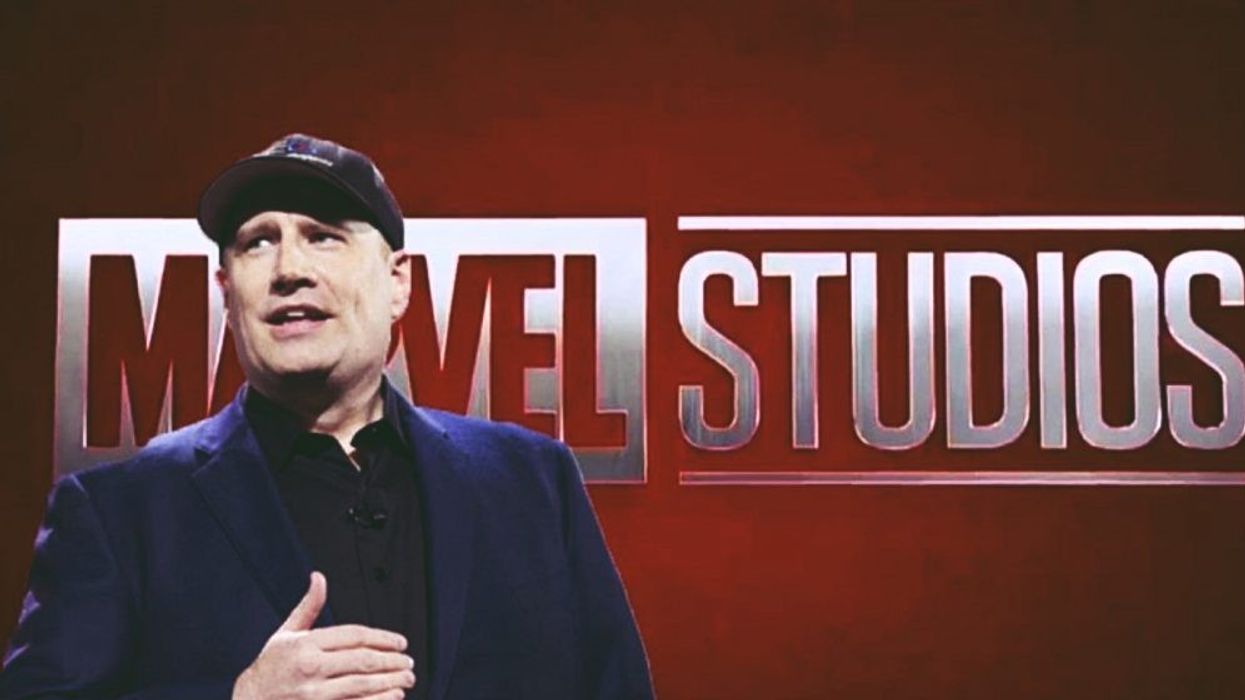Kevin Feige Finally Responds to Scorsese's Marvel Criticisms
Marvel Studios head Kevin Feige, the most successful producer in Hollywood history, addresses Scorsese's comments about the Marvel Cinematic Universe not being cinema.

For over a month, Film Twitter has obsessed over Martin Scorsese's comments about Marvel movies not being cinema -- along with The Irishman director's recent New York Times op-ed further explaining his problematic position. Now, Marvel Studios President Kevin Feige has finally spoken out about the Oscar-winners divisive opinions on his and Marvel's historic output of blockbusters. While interviewed for The Hollywood Reporter's "Awards Chatter" podcast, Feige disagrees with the Oscar-winning director's assessments:
"I think that's not true. I think it's unfortunate ... I think myself and everyone who works on these movies loves cinema, loves movies, loves going to the movies, loves to watch a communal experience in a movie theater full of people."
Feige and Marvel's stable of filmmakers are responsible for a historic run, both creatively and at the box office. Since Iron Man in 2008, Feige and Marvel Studios have changed the theatrical landscape (and boosted its need/obsession with IP) to the point where there is little room at the multiplex for non-tentpole or blockbuster titles. (Which may be the underlining and primary cause for Scorsese's gripes).
Four of the ten highest-grossing movies ever are from Marvel and parent company, Disney. Each Marvel Cinematic Universe entry has opened number one at the box office and have gone on to tell an interconnected, serialized story on the big screen -- across 23 films -- unlike any franchise has done before. Audiences clearly are drawn to these films and their characters, even though Scorsese claims that they have no real emotional stakes. "What's not there is revelation, mystery or genuine emotional danger," Scorsese wrote for the Times. "Nothing is at risk. The pictures are made to satisfy a specific set of demands, and they are designed as variations on a finite number of themes."
Feige counters that statement by pointing out that 2014's Captain America: The Winter Soldier and 2016's Captain America: Civil War are character-first spectacles with significant emotional fallout for its heroes.
"We did Civil War. We had our two most popular characters get into a very serious theological and physical altercation," Feige says. "We killed half of our characters at the end of a movie [Avengers: Infinity War]. I think it's fun for us to take our success and use it to take risks and go in different places." (Note: The characters killed at the end of Infinity War were brought back in Endgame.)
Feige does not know Scorsese personally, but he does personally believe that movies are subjective. Whether you like Marvel's brand of them or not, they are indeed stories told cinematically.
"Everybody has a different definition of cinema. Everybody has a different definition of art. Everybody has a different definition of risk," says Feige. "Some people don't think it's cinema. Everybody is entitled to their opinion. Everyone is entitled to repeat that opinion. Everyone is entitled to write op-eds about that opinion, and I look forward to what will happen next. But in the meantime, we're going to keep making movies."
The next movie Marvel is currently making, Chloe Zhao's The Eternals, stars Angelina Jolie and is poised to be a turning point for the studio in terms of representation and diversity on the big screen.
"It is a very big movie," Feige teases. "And we are making it because we believe in [Zhao's] vision and we believe in what those characters can do and we believe we need to continue to grow and evolve and change and push our genre forward," says Feige. "That's a risk if I've ever heard one."
Where do you land on the whole "Marvel's isn't cinema" debate? Sound off below.











